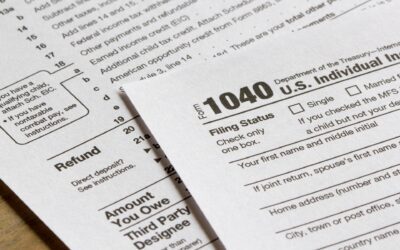“Draconian and just not fair”. That’s how some of the laws passed this summer by the New Jersey Legislature have been described. In an effort to put additional teeth into the enforcement of employee classification rules, New Jersey has passed legislation that will make it very painful when the employer gets it wrong. Sadly, there is no place to go to for an advanced ruling of how a particular employment relationship will be judged.
Since employees have rights and employers have obligations, many businesses would prefer to deal with independent contractors rather than employees. With the demise of the deduction of employee business expenses for federal income tax purposes, many workers might also prefer to be treated as independent contractors. New Jersey has for years used the ABC Test below [found on the Department of Labor and Workforce Development (DOL) website] to make the determination of whether a worker is an employee of a business or an independent contractor.
Per New Jersey Unemployment Compensation Law, a worker should be considered an employee unless all the following circumstances apply:
- The individual has been and will continue to be free from control or direction over the performance of work performed, both under contract of service and in fact; and
- The work is either outside the usual course of the business for which such service is performed, or the work is performed outside of all the places of business of the enterprise for which such service is performed; and
- The individual is customarily engaged in an independently established trade, occupation, profession or business.
Employers have been getting it wrong, deliberately or not, and recent legislation has been enacted to encourage them to get it right, at least right according to the narrow definition of an
independent contractor the State has promulgated. Employers must be aware of the following enforcement tools:
- Bill A-5890/S3920 is already in effect.
- At the Commissioner of DOL’s sole discretion, he may seek a superior court injunction to prevent violations by any business of the State’s wage, benefit, and tax laws due to employee misclassification. If the state prevails when the matter is litigated, the employer would be responsible for the state’s costs and attorney’s fees.
- Stop work orders can be issued at a single workplace or across all an employer’s worksites for a SINGLE supposed violation at ANY site, but workers must continue to be paid for the first ten days that the employer is shut down. If the employer continues operations, the commissioner can assess a civil penalty of $5,000 a day for any day the business operates during the stop order.
- Bill A-5891/S3921 is also already in effect. It created the Office of Strategic Enforcement and Compliance (OSEC) to coordinate the actions of all state agencies to enforce state wage, benefit, and tax laws. It has been funded with $1M and is additionally tasked with the collection of unpaid unemployment and disability taxes. No business with an outstanding liability to DOL for unpaid taxes will be considered in good standing for the purpose of receiving an award of direct business assistance from the State unless there is an agreement with DOL to pay the deficiencies and comply with the statutes and rules under the purview of the DOL.
- Bill A-5892/S3922 is the game-changer. It makes an employer who purposefully or knowingly misclassifies an employee exposed to a charge of INSURANCE FRAUD with a fine of $5,000 for the first violation, $10,000 for the second, and $15,000 for every violation thereafter. This law became effective earlier this year.
Employers should be aware that the State is sending out Worker Classification Questionnaires to independent contractors as an enforcement aid. Given the heavy penalties the State can impose, worker misclassification that is uncovered could close a business. We haven’t seen aggressive enforcement yet, but make no mistake, it is coming.
Article Submitted by – Lois S. Fried, CPA, CFE, CVA, ABV







